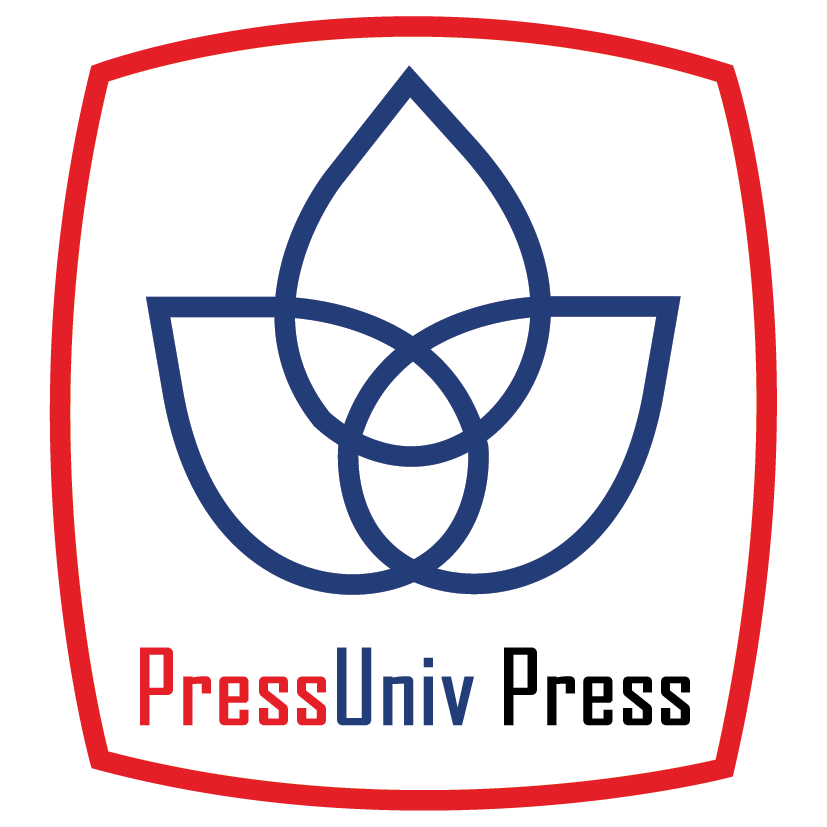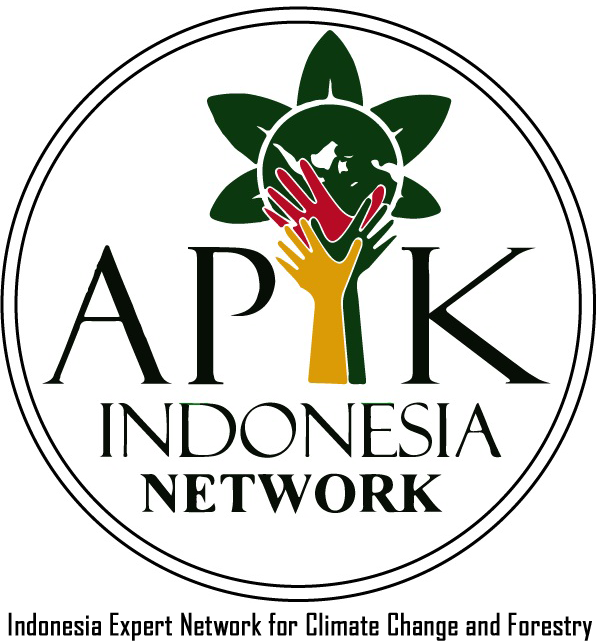Phytoremediation Study on Reducing pH, Ammonia, and Turbidity Level with Betel Ivory (Epipremnum Aureum) (Study Case Contaminated Lake Water in Residential X Cibitung)
Abstract
About 80% of the water used by humans for their activities will be thrown back in the form of wastewater from industrial and domestic. The source of waste in the lake at Residential X in Cibitung is residential activities. This study aimed to determine the ability of Betel Ivory (Epipremnum aureum) to reduce pH, turbidity, and ammonia in lake water that was contaminated by domestic wastewater and to determine whether the phytoremediation carried out using Betel Ivory (Epipremnum aureum) can be applied in Residential X Cibitung. The experiment was carried out using a batch system for phytoremediation, with a volume of Betel Ivory (Epipremnum aureum) of 13% w/w and a waste retention time of 7 days. Parameter reduction results were obtained using Betel Ivory (Epipremnum aureum), where the sample experienced a higher reduction rate in decreasing the concentration of pH, turbidity, and ammonia parameters when compared to the control. The phytoremediation using Betel Ivory (Epipremnum aureum) significantly impacted the pH, turbidity, and ammonia parameters according to analysis using one-way Anova Single Factor, and the findings of the study using the T-test of equal variance met the quality standard but did not comply. The potential for phytoremediation by using Betel Ivory cannot be realized because the depth of the lake reaches 7 meters and has a large number of plants.
Keywords
Full Text:
PDFDOI: http://dx.doi.org/10.33021/jenv.v8i2.4733
Copyright (c) 2023 Ine Nurliani

This work is licensed under a Creative Commons Attribution-ShareAlike 4.0 International License.
Journal of Environmental Engineering and Waste Management Published by PresUniv Press, in collaboration with IESA and APIK Indonesia Network




